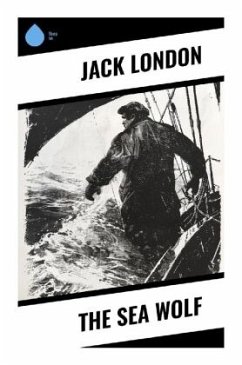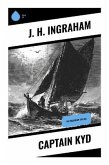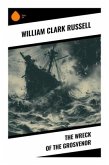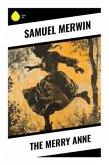In "The Sea Wolf," Jack London crafts a gripping narrative that explores the stark dualities of human nature against the backdrop of the unforgiving sea. The novel follows the journey of Humphrey van Weyden, a literary critic who is thrust into a perilous world aboard a seal-hunting ship commanded by the brutal and charismatic Wolf Larsen. London's writing vividly captures the elemental struggle for survival, intertwining existential philosophy with naturalism, as the characters are confronted by both physical and moral challenges. This gripping adventure serves not only as a tale of survival but also as a profound meditation on the nature of power and morality. Jack London, a prominent figure in American literature, drew on his own experiences as a sailor and social activist to inform "The Sea Wolf." His tumultuous life, marked by poverty and a quest for adventure, imbued his works with a sense of authenticity and urgency. London's encounters with various facets of society, along with his interest in Darwinian themes, profoundly influenced the characters and conflicts within the narrative, eliciting a raw exploration of human instincts. I highly recommend "The Sea Wolf" to readers who appreciate a blend of adventure and philosophy. London's narrative is not merely a thrilling sea voyage but also a profound inquiry into the heart of darkness within humanity. This novel resonates with contemporary themes of survival and power, making it essential reading for those fascinated by the complexities of the human condition.
Bitte wählen Sie Ihr Anliegen aus.
Rechnungen
Retourenschein anfordern
Bestellstatus
Storno








